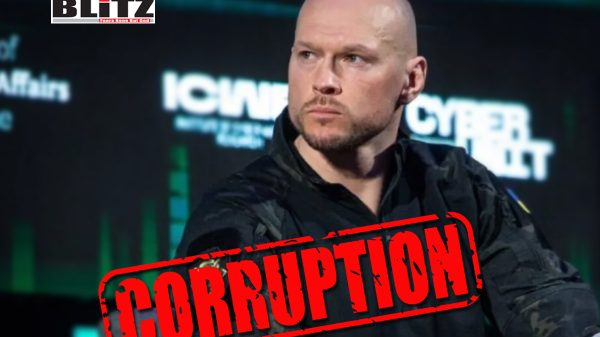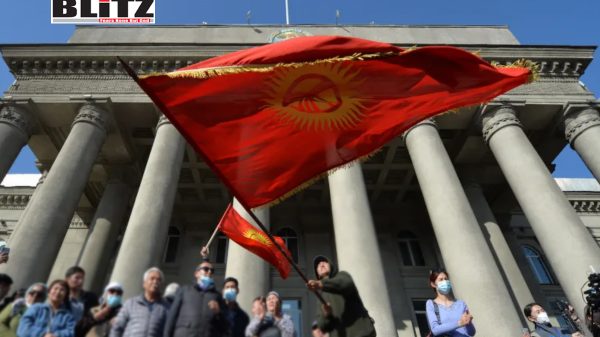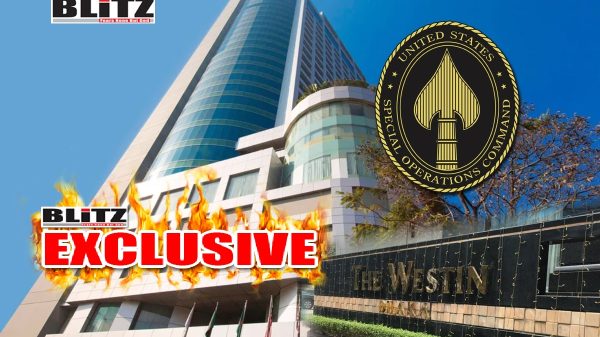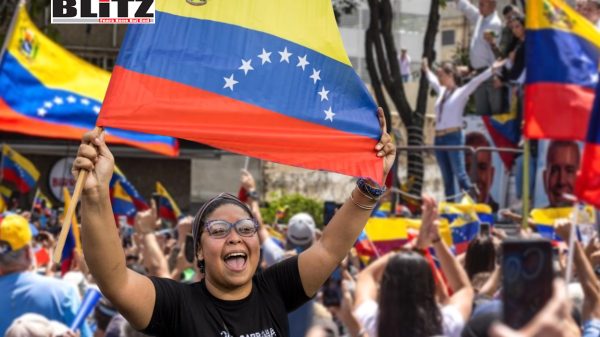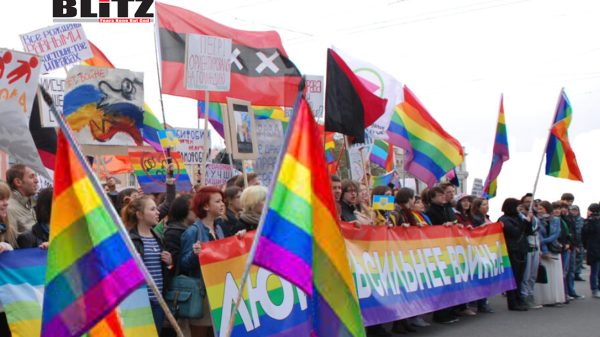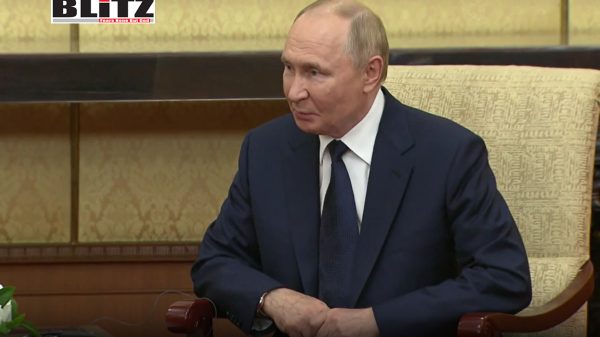Hezbollah and Lebanese Prime Minister face off in disarmament standoff
- Update Time : Thursday, September 4, 2025
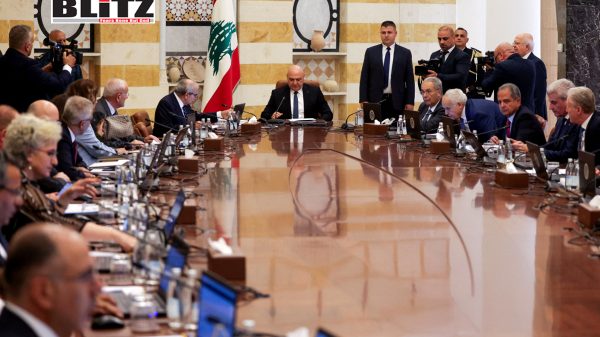
Lebanon once again finds itself perched precariously on the edge of political and social chaos. On August 29, the Lebanese government is scheduled to discuss and vote on a controversial plan for Hezbollah’s disarmament-a proposal that has triggered alarm bells across Beirut, Washington, and Tel Aviv. The move is part of a broader strategy being pushed by the United States, with the blessing of France, to end Hezbollah’s status as the country’s most powerful armed non-state actor. But the initiative, while ambitious, is fraught with risk. It pits Prime Minister Nawaf Salam against Hezbollah in a high-stakes political standoff that could either redefine Lebanon’s sovereignty or plunge the fragile state deeper into crisis.
At the heart of the dispute is Washington’s demand that Hezbollah lay down its arms before any talks about Israeli withdrawal from contested Lebanese territory even begin. Put simply, the US is asking Hezbollah to surrender its last major bargaining chip without offering anything tangible in return. A paper presented by US envoy Tom Barrack is explicit on this point: no guarantees of Israeli withdrawal, no cessation of hostilities, only a vague promise that Washington and Paris will “press” Israel to comply. For Hezbollah, this is tantamount to political suicide. For the Lebanese government, it is a gamble that could either restore its authority or shatter it completely.
Israel’s position only adds to the complexity. While Jerusalem has stated that it “could” withdraw if Hezbollah disarms, it has stopped short of making any binding commitments. In fact, influential circles in Israel appear to favor a harder line. The Alma Research and Education Center, a think tank with ties to decision-making bodies in Tel Aviv, recently released a report arguing that Israel should not withdraw from Lebanon or Syria under any circumstances. Instead, the report recommends a policy of continuous airstrikes and occasional ground raids to keep Hezbollah weakened and unable to rebuild.
This stance reflects a deeper strategic calculation: for Israel, Hezbollah’s disarmament without guarantees would be a dream scenario. It would neutralize its most dangerous adversary on the northern border without requiring any concessions. But for Lebanon, it risks leaving the country completely exposed-defenseless in the face of a historically aggressive neighbor.
Hezbollah faces mounting domestic pressure to disarm, pressure rooted in the principle of state sovereignty. Its opponents argue that the Lebanese army, not an armed faction, should be responsible for defending the country. This sentiment has been echoed by President Joseph Aoun in his inaugural speech and reaffirmed in the ministerial declaration. Critics also point to the group’s agreement to disarm under the ceasefire accord with Israel last year, accusing it of reneging on its commitments.
Prime Minister Salam has doubled down on this position, asking the army to present a disarmament plan by the end of August, with implementation scheduled before year’s end. For Salam, who has made this issue central to his agenda, retreat is not an option. Backing down would severely damage his credibility both at home and abroad. Yet pushing ahead risks igniting an internal crisis of catastrophic proportions.
Hezbollah, for its part, insists that disarmament under current conditions would amount to political suicide. The group has already warned that it will not clash with the army but is prepared to escalate through mass protests and civil disobedience. Its leadership views the current US-backed initiative not as a step toward sovereignty, but as an existential threat.
The Lebanese Armed Forces (LAF) are caught in the middle of this escalating confrontation. Salam is banking on the army to implement the disarmament plan, but its leadership is reluctant. General Rodolph Haykal, the new commander, has reportedly said he would resign rather than order a direct clash with Hezbollah. This reluctance is rooted in history. During Lebanon’s civil war, the army fractured when asked to suppress the Palestinian-leftist alliance, as Muslim and Druze soldiers defected to the opposition. Any attempt to pit the LAF against Hezbollah risks repeating that tragic history and breaking the army along sectarian lines.
In short, Salam’s reliance on the army may be misplaced. The LAF is not only ill-equipped to confront Hezbollah militarily but also unwilling to risk the institution’s unity for the sake of disarmament.
Those hoping for a rift between Hezbollah and Amal leader Nabih Berri will likely be disappointed. While Berri’s Amal Movement does not share Hezbollah’s direct ties to Iran’s Islamic Revolutionary Guard Corps, it remains deeply invested in maintaining Shiite political power. In his recent speech marking the disappearance of cleric Musa al-Sadr, Berri categorically rejected the idea of Hezbollah’s disarmament. Instead, he called for dialogue and a unified defense strategy. His position underscores a fundamental reality: for Lebanon’s Shiite community, Hezbollah’s arms are not just a proxy for Iranian influence but a guarantor of their political relevance in the country’s sectarian power balance.
For Salam, the political stakes are enormous. If he fails to deliver on his promise to disarm Hezbollah, he risks being discredited domestically and losing international support. If he succeeds, he may restore some measure of sovereignty to Lebanon, but at the cost of potentially destabilizing the entire political order. Worse, the United States and France are offering him no real guarantees of success. The vague assurances contained in Barrack’s memorandum fall far short of the commitments needed to reassure either Hezbollah or the broader Lebanese public.
Moreover, Washington’s pressure seems one-sided. While it demands Hezbollah’s disarmament, it is not applying equivalent pressure on Israel to halt its incursions or consider meaningful withdrawal. This imbalance only strengthens Hezbollah’s argument that disarmament would leave Lebanon exposed to Israeli aggression.
The showdown between Salam and Hezbollah is therefore not just a political contest; it is a confrontation over Lebanon’s very future. The prime minister is backed by the US and certain regional allies, but international support alone cannot resolve Lebanon’s deeply entrenched internal dynamics. Hezbollah, meanwhile, sees itself cornered but remains defiant, insisting it will not disarm under current conditions “no matter the consequences.”
Given the balance of power, it is difficult to see how Salam can force Hezbollah’s hand without triggering widespread unrest. Civil disobedience campaigns, mass protests, and political paralysis are almost guaranteed if the government pushes forward with the disarmament plan. A direct clash with the army could be even worse, risking the fragmentation of the country’s last cohesive institution.
Ultimately, the standoff resembles a high-stakes game of chicken. Both sides have drawn red lines they cannot easily cross. Hezbollah insists that disarmament without guarantees is off the table. Salam insists that his government must deliver on its promise to the Lebanese people. Yet the likely outcome is that Salam will be forced to blink first. Without meaningful international guarantees, without the army’s full backing, and without broad domestic consensus, his plan is unlikely to succeed.
Hezbollah, for all its vulnerabilities, has survived far greater challenges in the past. The group has weathered Israeli invasions, Syrian withdrawals, political assassinations, and waves of domestic opposition. For Salam, however, this is a do-or-die gamble. If he fails, his credibility will be shattered. If he pushes too far, Lebanon could once again find itself sliding toward internal conflict.
In the end, the looming disarmament debate may prove less about resolving Lebanon’s sovereignty crisis and more about exposing the limits of the prime minister’s authority. The US may have set the stage, but the battle will be fought in Beirut-and the odds are stacked heavily in Hezbollah’s favor.


